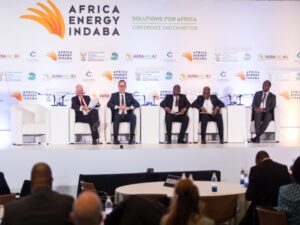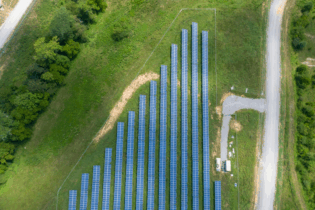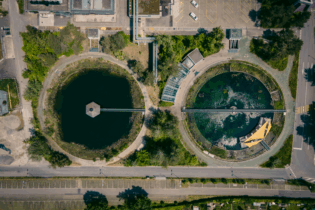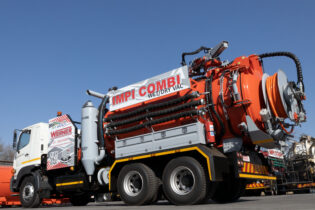DARES aims to provide electrification to 300 million people, benefit 1 million farmers, support 1 million micro, small, and medium enterprises (MSMEs), establish 100,000 schools and clinics, and construct 10,000 mini-grids, all by 2030. The World Bank’s focus areas for DRE include households, income generation, and social infrastructure. Household energy solutions include lighting, clean cooking, and device charging, contributing to an improved quality of life and facilitating remote work, especially for mothers. Income generation aspects cover energy for agricultural production, food security, MSMEs, jobs, and cold chain and cooling appliances. Social infrastructure involves providing energy for health, education, digital connectivity, and enhanced social services.
The World Bank supports the DRE rollout through five key areas. These include quality assurance, policy, and regulatory support, followed by capacity building and training for DRE entrepreneurs. Targeted subsidies address affordability and availability challenges, acknowledging the distorted energy sector in many countries due to government subsidies. The fourth area involves risk mitigation instruments to facilitate access to commercial debt. Finally, the implementation of a new business model, the energy-as-a-service model, is integral to the World Bank’s comprehensive approach to advancing DRE.World Bank supports the global rollout of distributed renewable energy in Africa
Mar 6, 2024 |
Electrification
Energy
Governance
News
Press Releases







